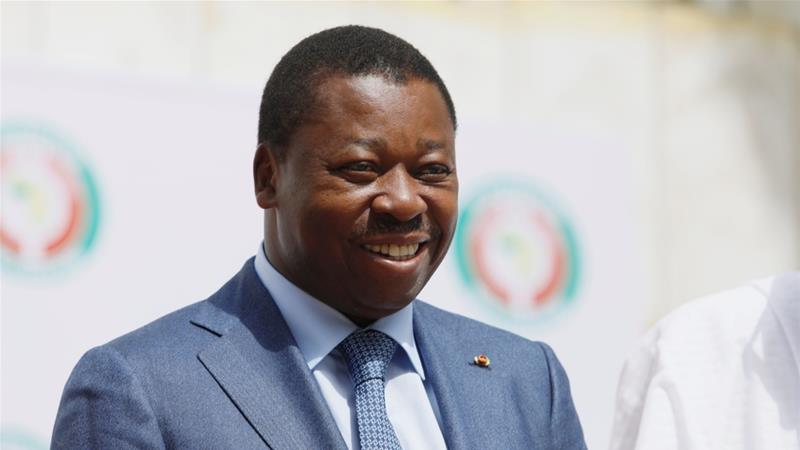Political unrest is brewing in Togo as opposition leaders and activists have called on citizens to protest against a new constitutional reform that could potentially see the incumbent President Faure Gnassingbé’s rule indefinitely.
This call to action comes after the country’s lawmakers passed the controversial bill earlier this week, which now awaits Gnassingbé’s signature to become law. The calls for protests issued on Wednesday (27 March) were intended to stop the new constitution to come into effect amid growing concerns that it would scrap future presidential elections and thus extend the incumbent president’s rule. The proposed constitution introduces significant changes to Togo’s political landscape, notably by eliminating future presidential elections and granting the parliament the authority to select the president.
But some legal experts downplay these concerns, saying the proposed constitution actually restricts the power of future presidents as it introduces a one-term limit and hands over greater power to a figure similar to a prime minister, officially called the president of the council of ministers. The new constitution also increases presidential terms from five to six years. The almost 20-years that Gnassingbé has served in office, after taking over from his father, would not count toward that tally. In response to the impending changes, also the Togolese Catholic Church has voiced opposition, calling for broader consultation and a more inclusive national debate.



